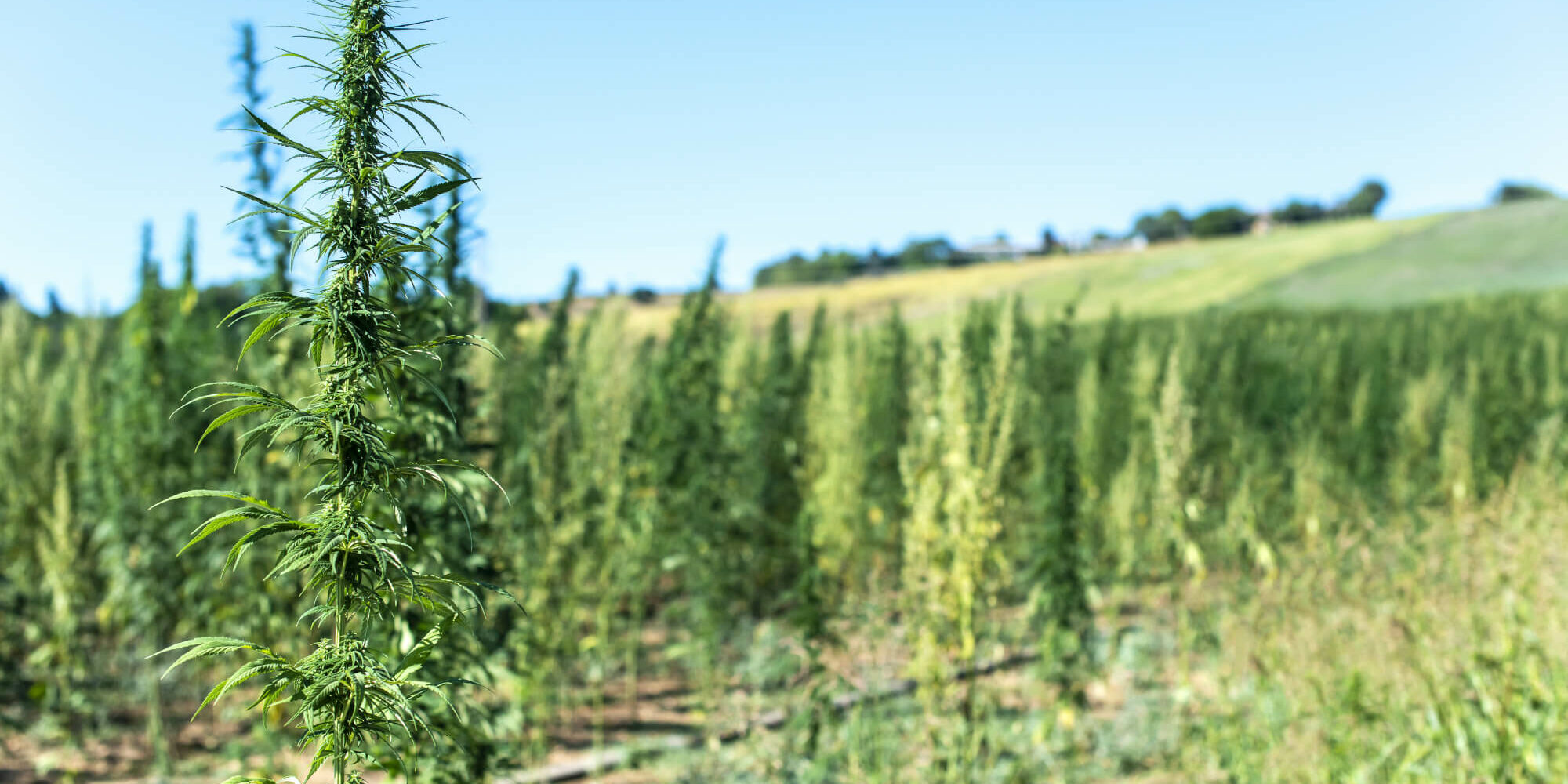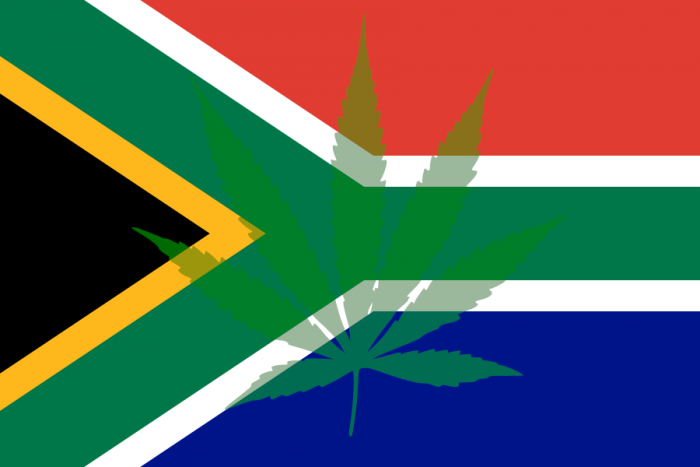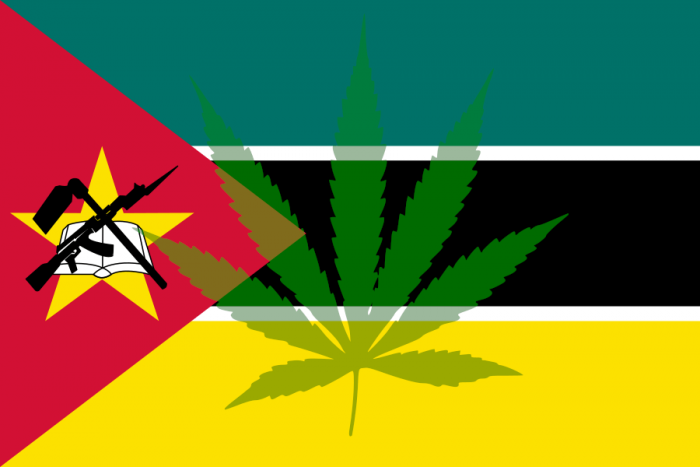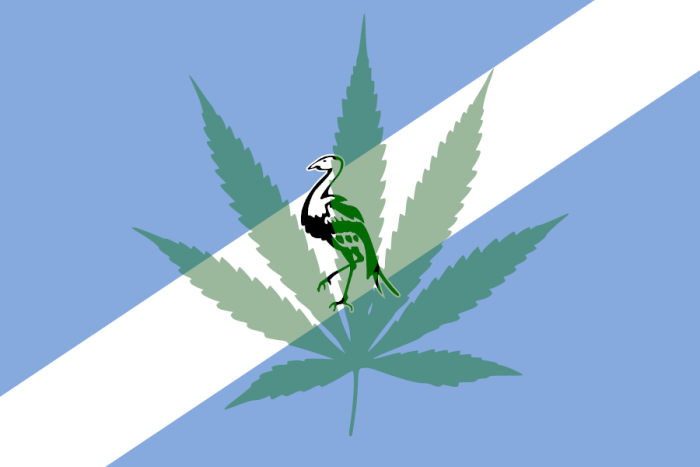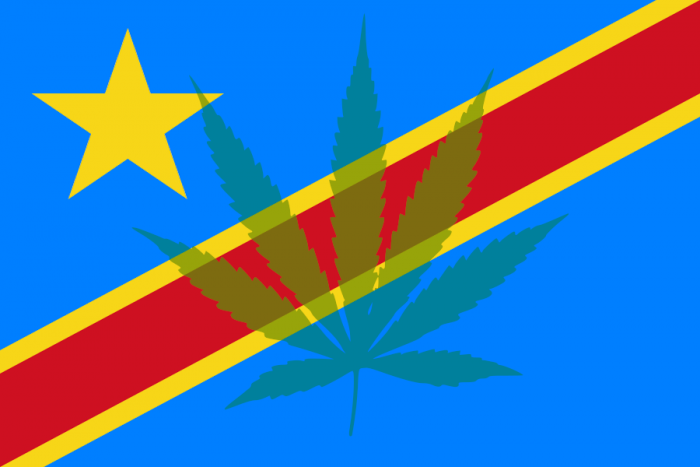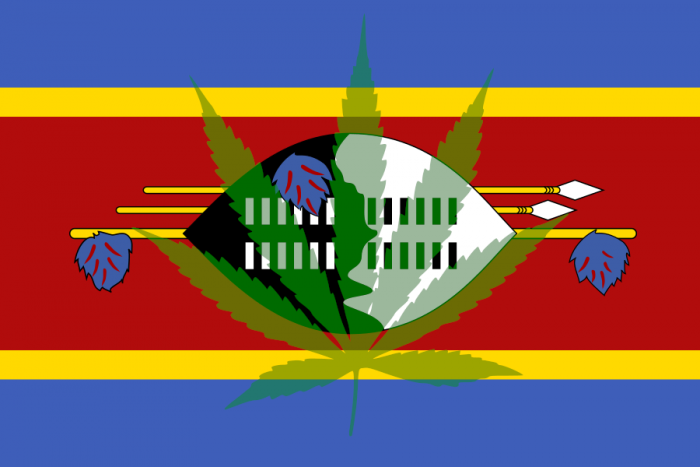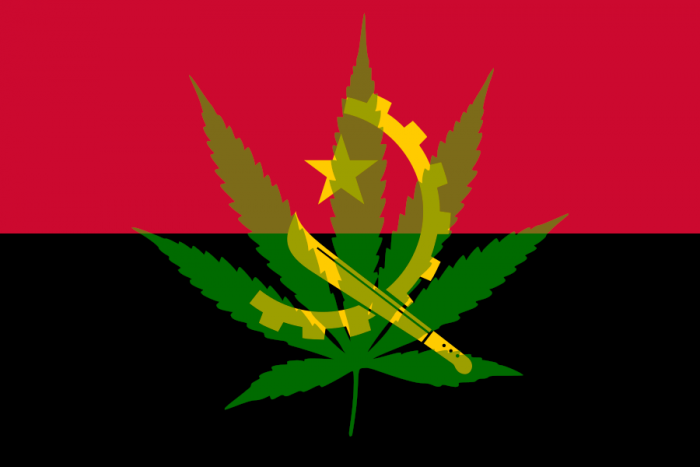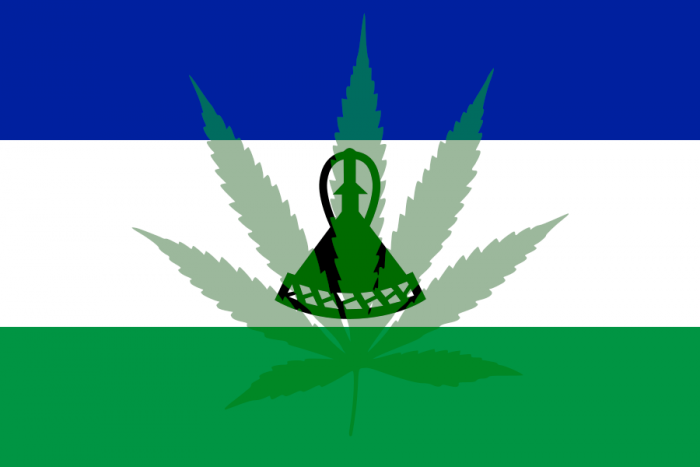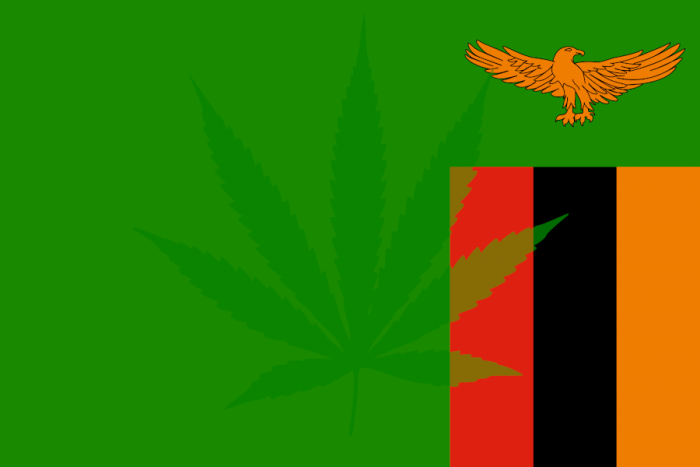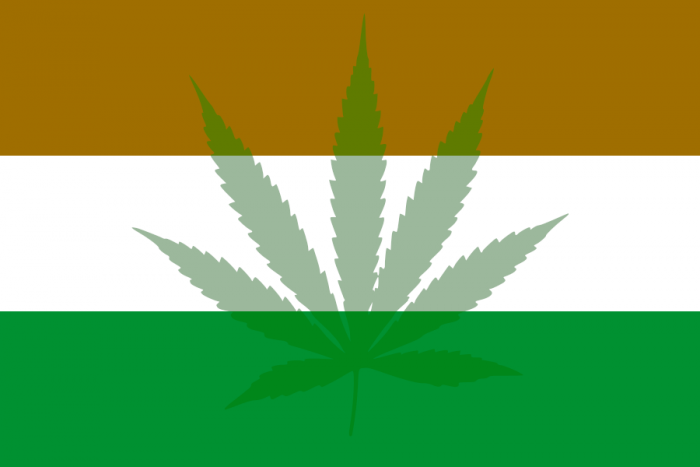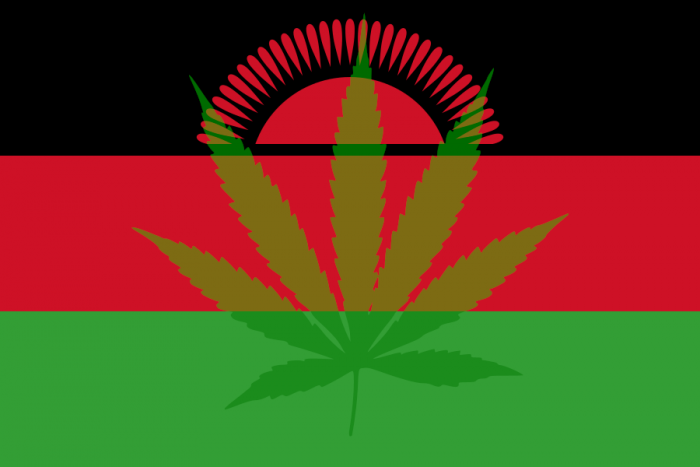In 2018 Zimbabwe legalised the cultivation of cannabis for medicinal and research purposes and began paving the way for the country to have a formal entry into the lucrative international cannabis trade. Southern Africa is already one of the worlds largest producers of cannabis with a production estimate exceeding 10,000 tons per year.
Zimbabwe is not the first or only african country to take the legal plunge. Lesotho became the continent’s first country to issue licenses to grow cannabis to a South African alternative medicine company called Verve Dynamics. While being a small country landlocked by South Africa, Lesotho still remain one of the biggest cannabis producers on the continent and this is mostly supported through Lesotho’s illicit trade with South Africa which contributes as the most substantial portion of the countries GDP (so finds this UNESCO Report.)
Cannabis is ubiquitous to Southern Africa meaning that virtually anywhere that you are in Southern Africa, you will be able to obtain the substance with very little effort. The “illegal substance” is so widespread that for decades in South Africa law enforcement would largely turn a blind eye to personal cannabis use cases in most communities to conserve state resources.
Culturally cannabis has been part of the countries history long before the countries were given names. Prevalent though the slave trade, widely used for medicinal, cultural and recreational purposes.
Legislatively speaking cannabis is today as it has always been from the days of prohibition, used as a legal instrument and means for the government and law enforcement to intervene on the privacy rights of its citizens.

